Our work
EDRi is the biggest European network defending rights and freedoms online. We work to to challenge private and state actors who abuse their power to control or manipulate the public. We do so by advocating for robust and enforced laws, informing and mobilising people, promoting a healthy and accountable technology market, and building a movement of organisations and individuals committed to digital rights and freedoms in a connected world.
Filter resources
-

Wikimedia: A licence for success
In this blogpost published on the occasion of the 15th anniversary of EDRi we present our member Wikimedia Germany.
Read more
-
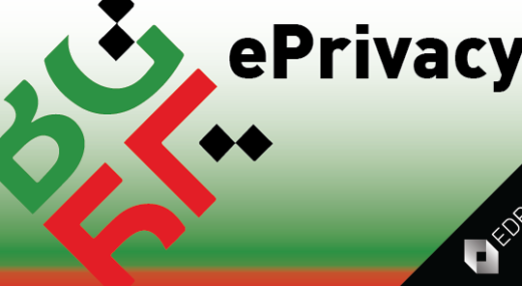
ISOC BG: Big speeds, Big Brother, big Bulgarian activism
In this blogpost published on the occasion of the 15th anniversary of EDRi we present our member ISOC Bulgaria.
Read more
-

Digitale Gesellschaft: Fighting for digitals rights in Germany
Our German member Digitale Gesellschaft was founded in 2010. The organisation's main goals are digital rights advocacy and effective campaigns. In this blogpost we present their work to defend digital rights in Germany.
Read more
-

FIPR: Advocacy against the ‘Database State’
In this blogpost published on the occasion of the 15th anniversary of EDRi we present our member FiPR.
Read more
-

Nearly 100 public interest organisations urge Council of Europe to ensure high transparency standards for cybercrime negotiations
In light of the passing of the CLOUD Act in the United States that undermines the rights to privacy and other rights, the forthcoming proposal of the European Union on e-evidence, and other initiatives, it is vitally important that the T-CY listens to and engages with civil society proactively and in a timely manner. Civil society wants to engage in this process to ensure the new protocol will uphold the highest human rights standards.
Read more
-
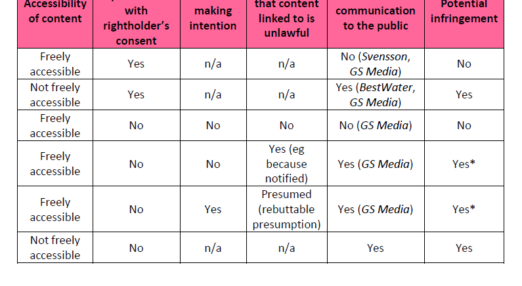
This 1 April, we mourn the death of parody
Traditionally, in some countries, the first of April is known for jokes and frivolity - “April Fool’s Day” in English-speaking countries and, oddly, “poisson d’avril” among French-speakers.
Read more
-
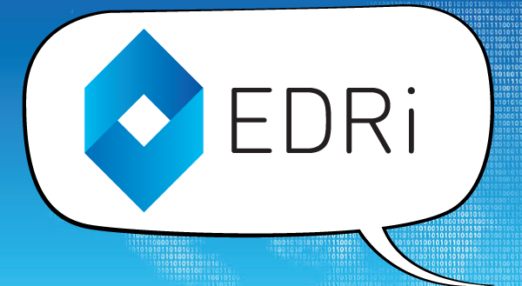
Upcoming EDRi leadership change: A message from Joe and Kirsten
Here we wrote to share news of leadership change at EDRi that happened in 2019.
Read more
-

Proposed internet filter will strip citizens of their rights: Your action is needed!
Policy makers are working on the largest internet filter we’ve ever seen.
Read more
-
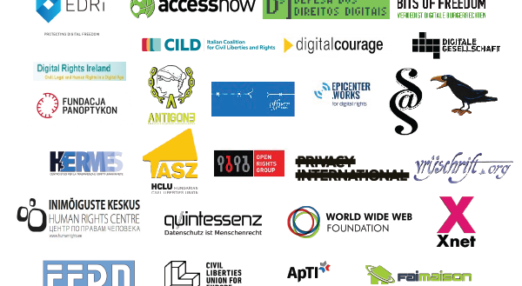
ePrivacy reform: Open letter to EU member states
Today, 27 March 2018, EDRi, together with other civil society organisations, sent an open letter to all attachés working on the ePrivacy reform for the permanent representation of EU Member States in Brussels. Open letter to European member states on the ePrivacy reform 27 March 2018 Dear Minister, Dear Member of the WP TELE, We, […]
Read more
-

Europol: Delete criminals’ data, but keep watch on the innocent
Under the Europol Regulation, the agency must “support Member States' actions in preventing and combating forms of crime” such as terrorism and racism. However, much of the criminality that Europol works on is not harmonised on a EU level.
Read more
-

EU Council indecision on ePrivacy is bad for Europe
In 2017, the United States National Telecommunications and Information Administration (NTIA), which is part of the Department of Commerce, warned of the “chill on discourse and economic activity” caused by privacy and security fears.
Read more
-
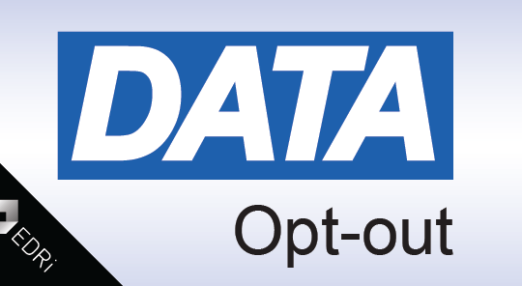
Control of sorts over personal data for UK healthcare patients
NHS Digital, the provider of data and IT systems for the National Health Service (NHS) in the United Kingdom, has announced plans to roll out a new system by March 2018 as part of the national data opt-out. This is intended to allow patients to choose whether or not their personal identifiable data is used […]
Read more
